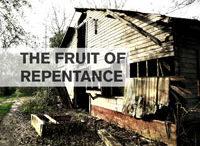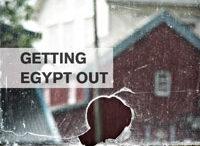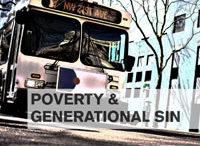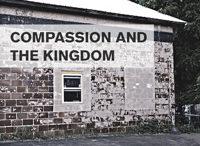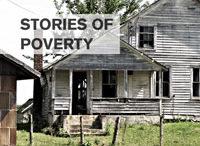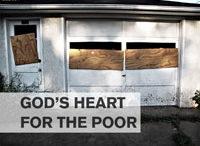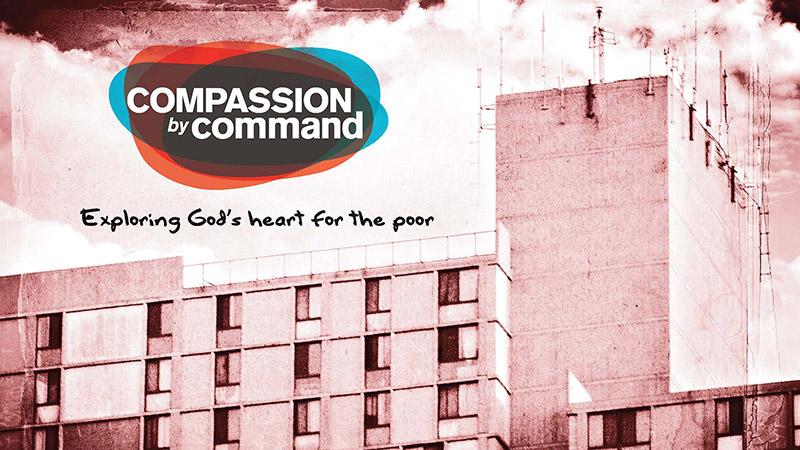
Compassion by Command
Oct 09 2009 • Dwayne Polk, Efrem Smith, Greg Boyd, Jin Kim, Sandra Unger
Following Jesus involves serving and relating to those who are living in poverty. There are more than 400 passages (spanning more than 3,000 verses!) in the Bible that make this point, yet this aspect of being a Christ follower is not often highlighted. Our Compassion by Command series will help equip you, whatever our economic status, to have relationships with and serve others across socio-economic lines. The study explores Scripture passages about our response to poverty, presents the stories of individuals living in poverty and gives us the opportunity to discuss this important issue and decide how to respond together. Join us as we follow Jesus and serve with compassion!
Sermons in this series:
When we work for justice in the world, we are partnering with what God is already doing. It’s important that we seek God first, rest in God’s love, and only then can respond faithfully to the call to partner with God by fighting for justice in our communities.
Topics: Identity in Christ,
Justice,
Peace,
Poverty
When John the Baptist was proclaiming the coming of the Messiah he preached repentance for the forgiveness of sins and called people to be baptized. Jin Kim connected this proclamation to faithfulness in the body of Christ and the importance of bearing fruit in the world.
Topics: Faithfulness,
Reconciliation,
Repentance
Greg shared an image that he uses to represent how principalities and powers pollute the “air” we breathe by drawing on the impact of sins committed in the past. Norm shared his story of how he got out of living in poverty with the help of a friend who provided key opportunities.
Topics: Fear,
Hope,
Poverty,
Spiritual Warfare
Generational sin is the ongoing effect of hurtful behavior that passes on from parents to their children. Not only do the children have to deal with this sin, but God too works with us to overcome these effects of past wrong-doings on our lives.
Topics: Free Will,
Poverty,
Sin
The Bible has a lot to say about poverty. Most of it refers to material poverty—which is why we are focusing on that this series—but the Bible also recognizes the poverty of isolation, loneliness and invisibility.
Topics: Community,
Pain & Suffering,
Poverty
Efrem Smith preached about how being a Christian means participating in the Kingdom of God in between the first coming of Christ and the second. He used Matthew 25 to help us grasp this.
Topics: Faith,
Kingdom of God,
Poverty
The Importance of Knowing Ernest: Sandra shares experiences and insights that have come from her family’s “unlikely” friendships with people on St. Paul’s East Side. In our movement toward the issue of poverty, it’s easy for the ‘haves’ to feel heroic for seeking to give to the ‘have-nots’. Through her relationship with Ernest, Sandra explains what can happen when we pursue relationships instead of responsibilities, or people instead of poverty.
Topics: Poverty,
Reconciliation,
Relationships
Greg was careful to be clear that his challenge was primarily to those in the lower middle class of America and higher. However the principles apply to all of us: Don’t hoard the things of this world, but rather share generously with those who have less than we do.
Topics: Generosity,
Pain & Suffering,
Poverty
We know that we are saved by God’s grace, not our own good deeds—but God still intends that we do good deeds. In fact, God saved us so that we can be restored to right relationship with God and all of creation. This restored relationship includes the activity (good works) that God has planned for each one of us.
Topics: Poverty,
Reconciliation,
Spiritual Warfare
When we ask the simple question, “What does the Lord require?” we get a clear answer from Scripture. There are many passages we could turn to for a response, but one of the most concise is Micah 6:8. Act justly, love mercy and walk humbly with God.
Topics: Humility,
Judgment,
Poverty



